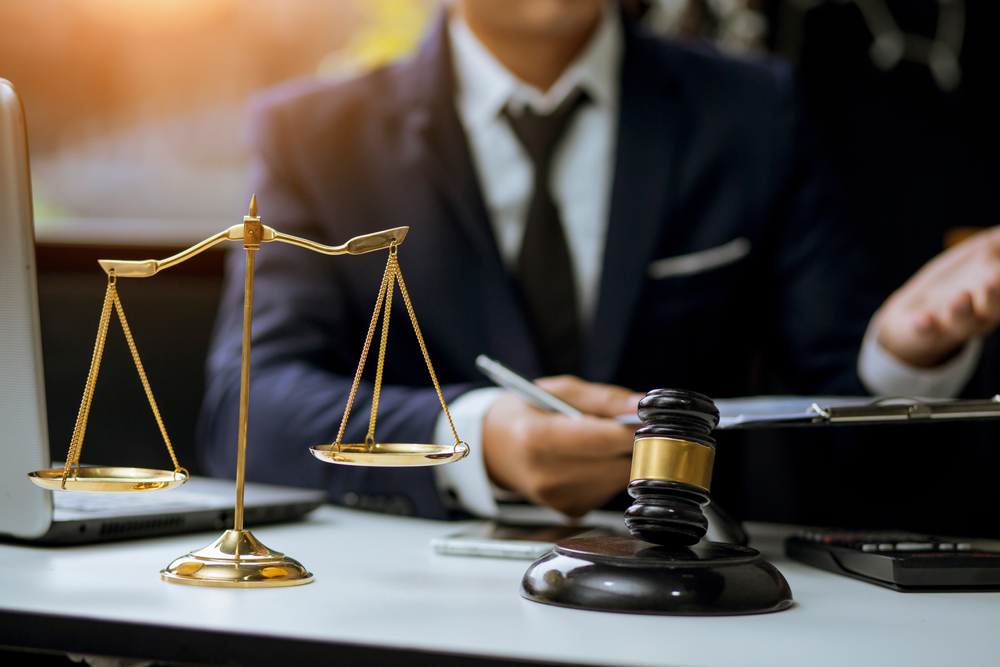Category: Drunk Driving (DWI / DUI)
If you’re facing DUI charges in New Jersey, you’re probably wondering how much it costs to hire a DUI attorney to represent you. While the price varies from one firm to the next and depends on the case’s complexity, experienced DUI lawyers start at around $2,500. That is far less…
In New Jersey, driving while intoxicated (DWI) and driving under the influence (DUI) are essentially the same. Impaired driving offenses are all DWIs in our state. Even though DWI is the official legal term here, DUI is a popular equivalent. If you’re facing a DWI charge in New…
When a person is arrested, the police are supposed to read them their rights as a person facing criminal allegations. This reading, sometimes known as a Miranda warning or a reading of the Miranda rights, is a basic part of most arrests and is required in many cases….
With a multitude of internet resources and books available regarding how the law works, many people believe that they are capable of handling their own defense if charged with a crime. However, even minor criminal convictions can have significantly greater effects than a person may first realize. Additionally,…
The basic process of a criminal case begins with a defendant being arrested and charged with committing a crime. The government is responsible for proving that there is irrefutable reason to believe that the defendant committed the crime. The following process then takes place: Bail hearing – The…



